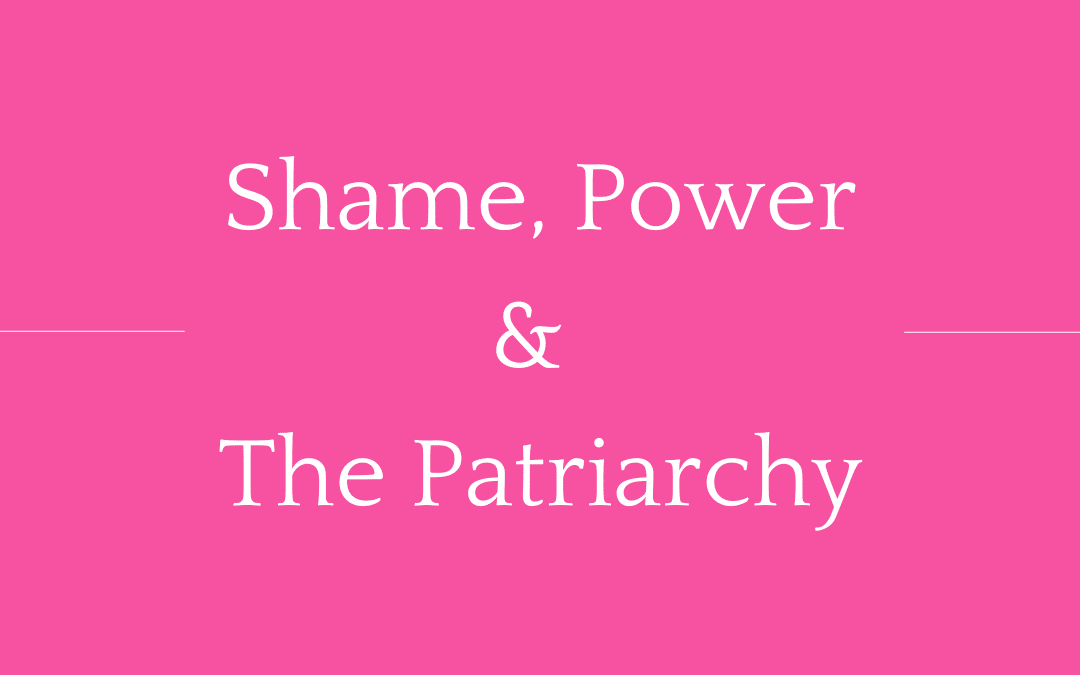
Shame, Power & The Patriarchy
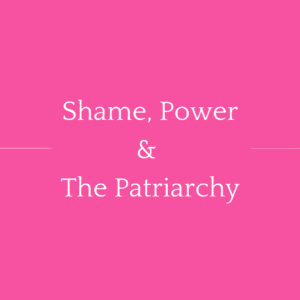
It’s been taught to women and queer folx about our bodies & their sizes or shapes, our sexuality, our personality (Too loud? Too bossy? Too quiet?), our mistakes (“not good enough” syndrome).
It’s leveraged for power everywhere from meeting rooms to magazines.
But what happens when we internalise that shame? When we believe it to be true, and so disconnect ourselves from our authentic needs and desires?
I was travelling in Mexico earlier this year with my partner, and we took a day trip out to the Yaxchilan ruins (which, by the way, are amazing and if you’re in the region, I recommend).
The guide was wonderful and full of knowledge, but about halfway through the day, as we were climbing the never-ending stairs that Mayan ruins consist of, he turned to me and said something along the lines of: “You should lose weight, or you might have a heart attack. It’s not hard, you know?”.
It stung.
It also took a moment for me to realise he was talking to me, because I knew my physical capabilities were more than enough for what we were doing (which gets missed when we carry implicit beliefs, as he did, about how certain bodies should behave or act).
Now, I knew his intentions weren’t malicious, and so I tried to brush his comment off as we carried on to the next site. We had an hour to free explore this time, and before long I found a place I was content to sit peacefully.
To bathe in the stillness that was palpable there.
But then the thoughts started creeping in… What if he thinks I’m too unfit to climb these ruins, and that’s why I’m staying here? What if he thinks I’m lazy? What if EVERYONE thinks you’re lazy or unfit?
And so I started to climb.
It was at this moment I realised…. I’d believed a story of shame, and stepped away from my authentic needs and desires. I’d given away my power.
I wasn’t operating from a place of desire, truth or authenticity. I was operating from a place of shame, perfectionism and self-judgement.
Now, the guide had no idea what was happening – none of this was his intention. He’s also one person, and I’m not holding him up as a figurehead of the patriarchy.
But my response was symbolic.
I felt ashamed for the size of my body, not its capabilities. In response I believed that shame, and started acting out of alignment with my authentic desire, hoping to fill (or exceed!) somebody else’s expectations.
And so I want you to think today about the ways shame stops you from being in your power.
Where do you hold yourself to unnecessarily perfectionistic standards?
What idea do you have that just ‘isn’t ready yet’?
What dream or creative interest do you put off because you’re not ‘ready’?
Where do you prioritise what you are ‘supposed‘ to do, before what you desire to do?
I believe part of remaking the world means connecting with and honouring our authentic selves.
Because as long as we’re living someone else’s story, handing our power away to an external force, we can’t create thriving lives or communities.

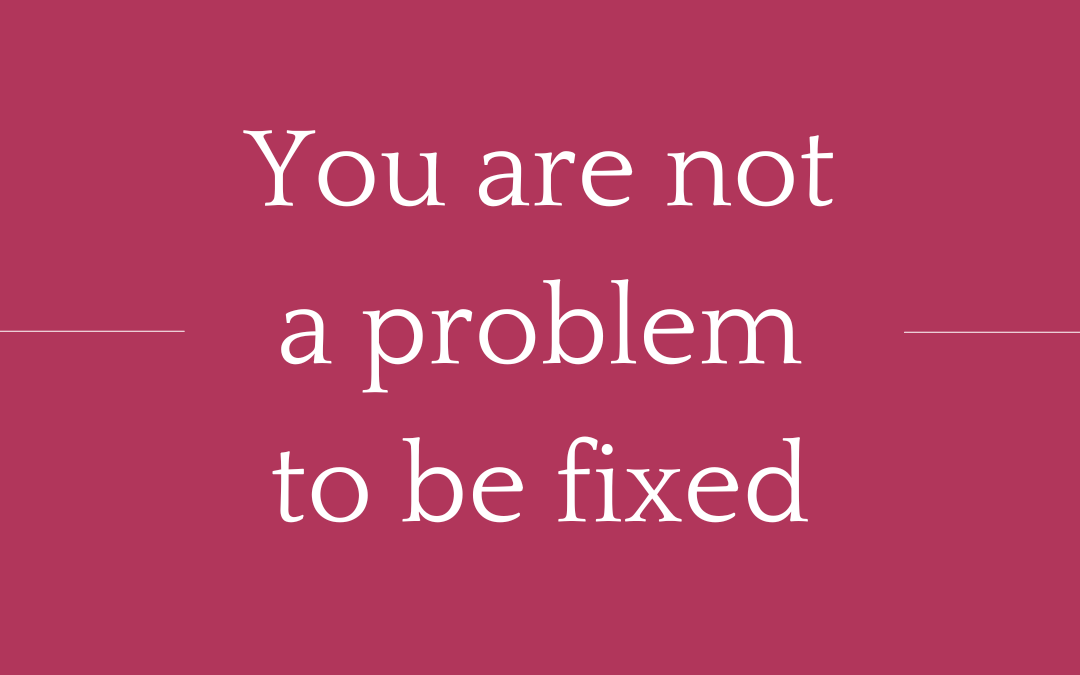
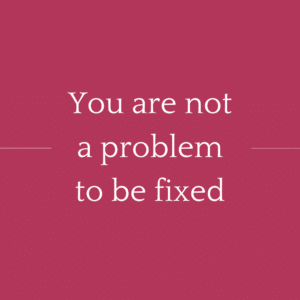
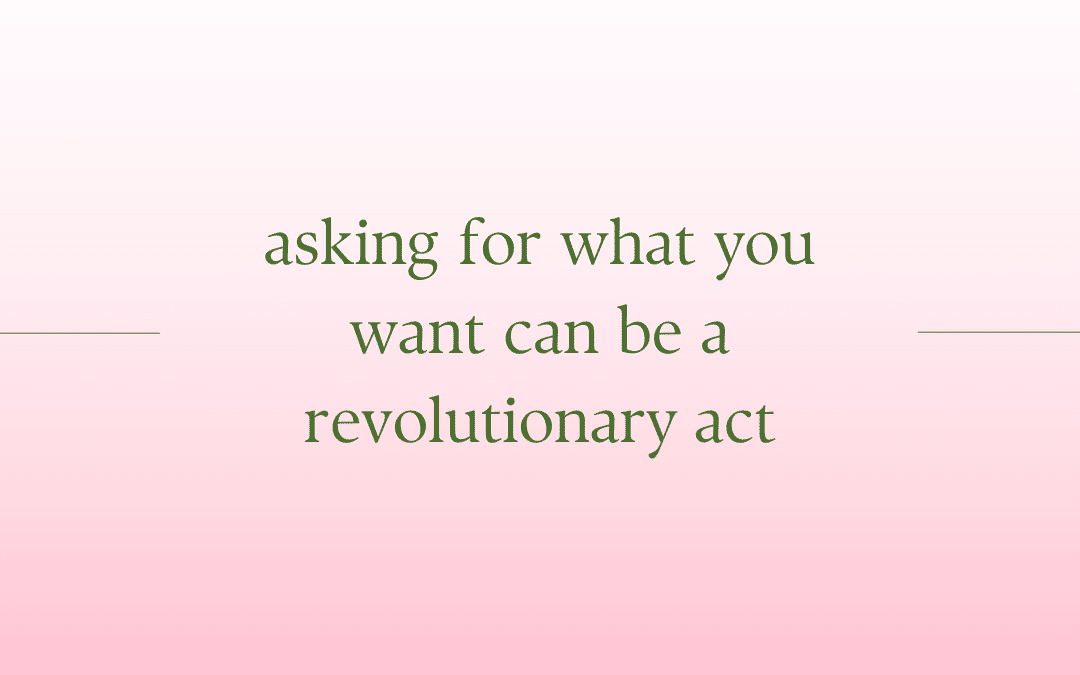
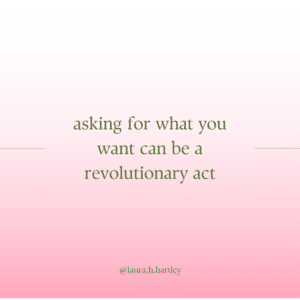 How old were you when you stopped asking for what you want?
How old were you when you stopped asking for what you want?